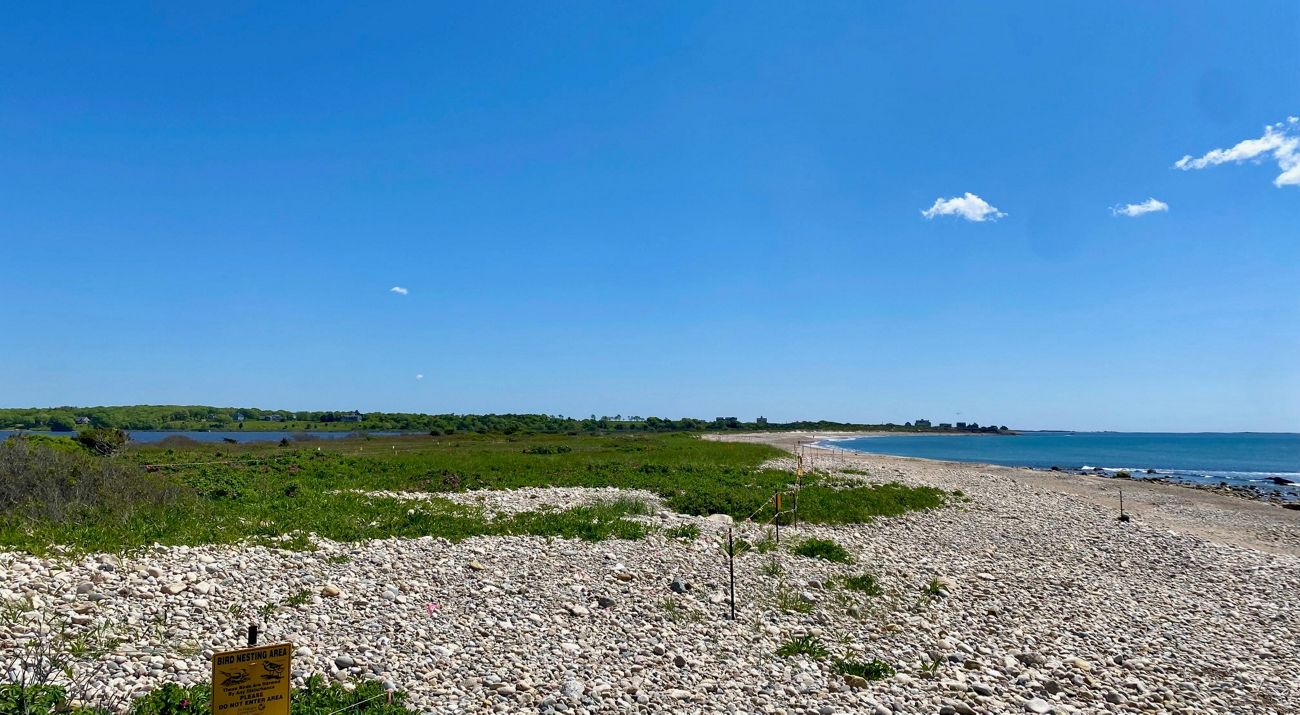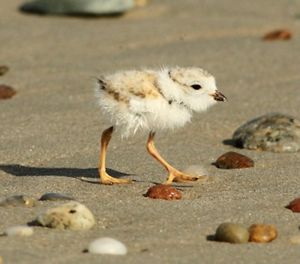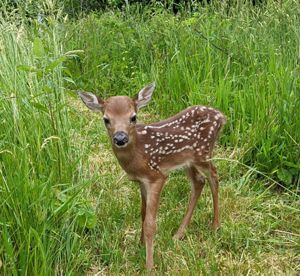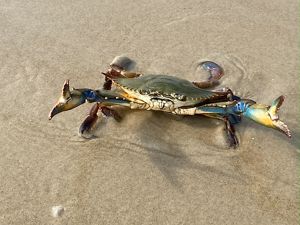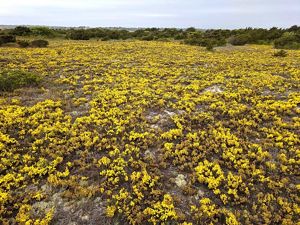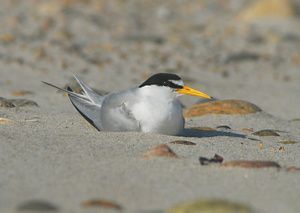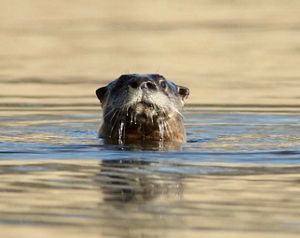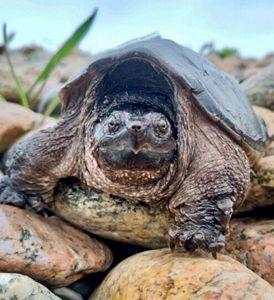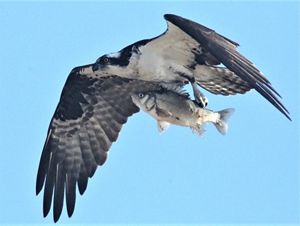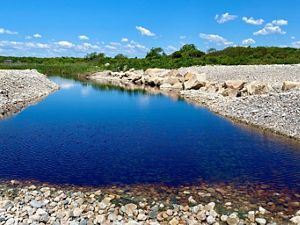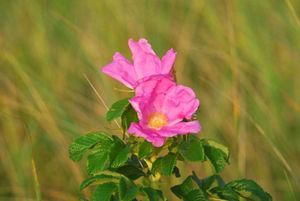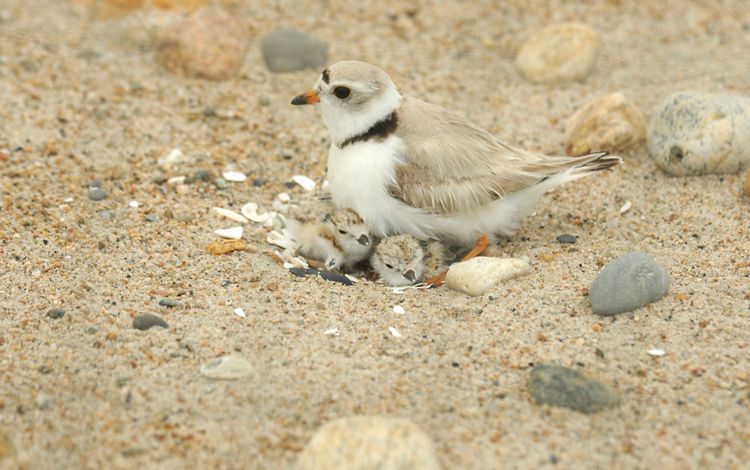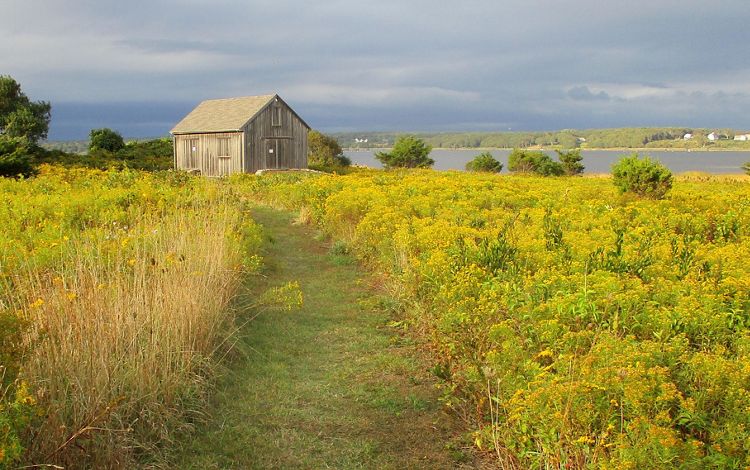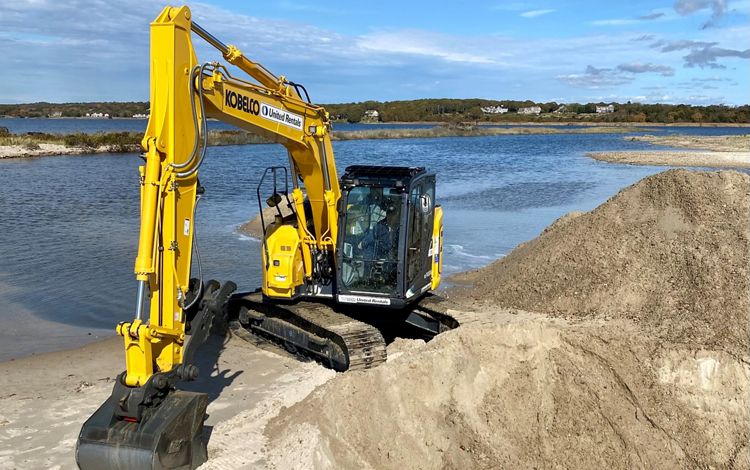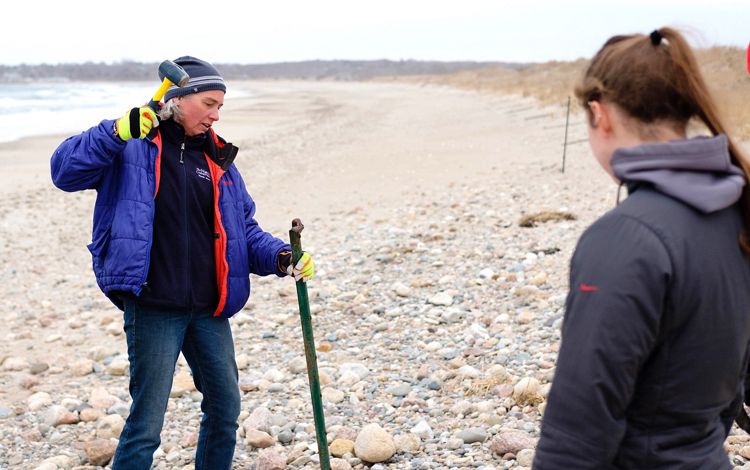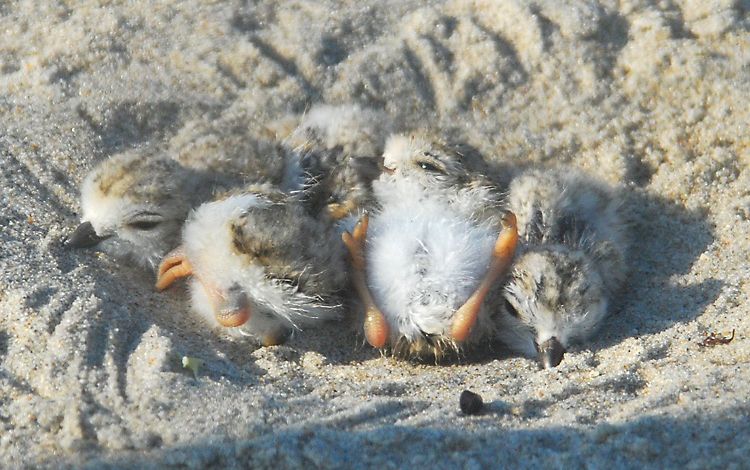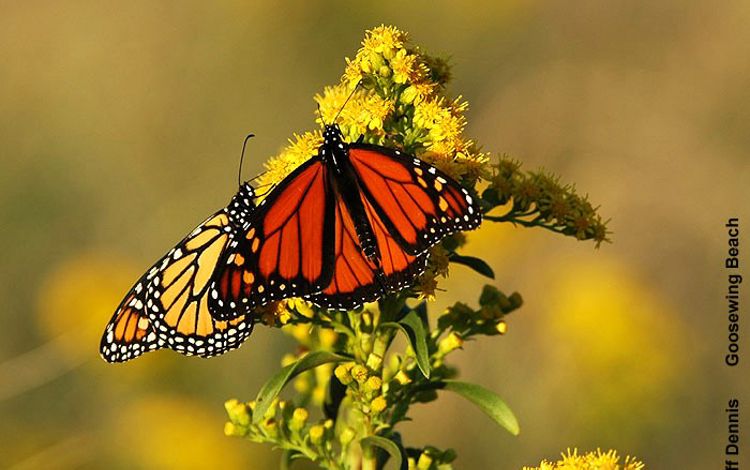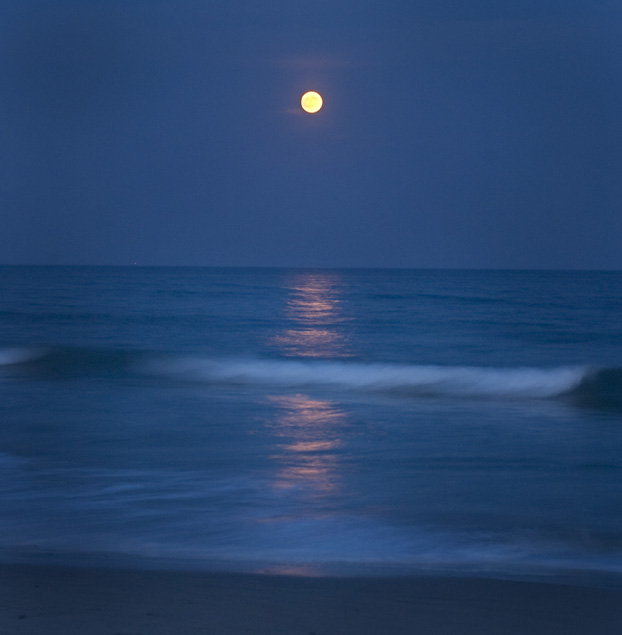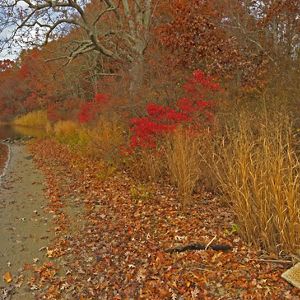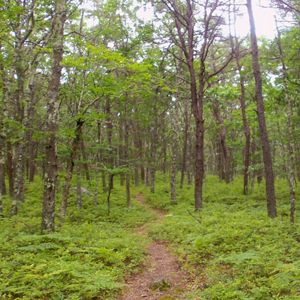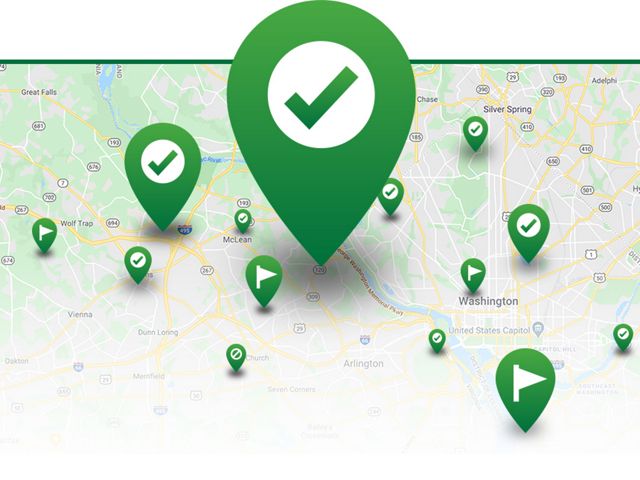Description
An unspoiled barrier beach in the southeast corner of Rhode Island, Goosewing is a vital refuge for piping plovers, least terns, herons and thousands of migrating songbirds.
The Little Compton Beach Commission hires lifeguards to manage recreational use of the beach in the summer. Visitors are invited to explore this spectacular, mile-long nature preserve year-round by walking on from South Shore Beach.
Little Compton residents are eligible to obtain a beach sticker from the town. For all other South Shore Beach visitors, the parking fee (set and collected by the Beach Commission) is $20/day on weekdays and $25/day on weekends and holidays. The fee is charged daily from 8:00 a.m. (when the beach gate opens for the general public) until 4:00 p.m., from approximately Memorial Day until Labor Day.
Dogs are prohibited from April 1 to September 1. Please do not enter shorebird nesting areas, marked by signs and rope lines.
